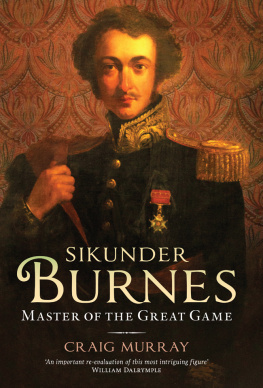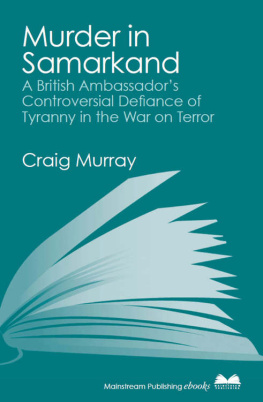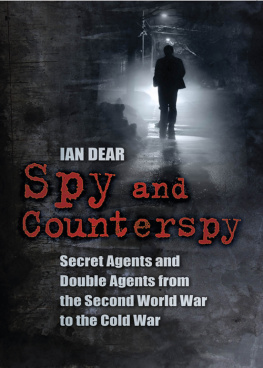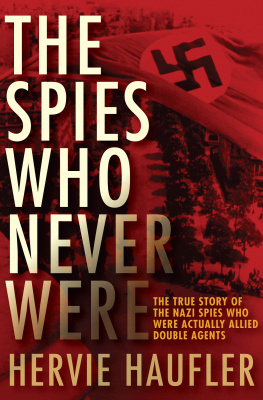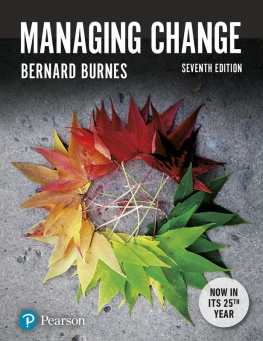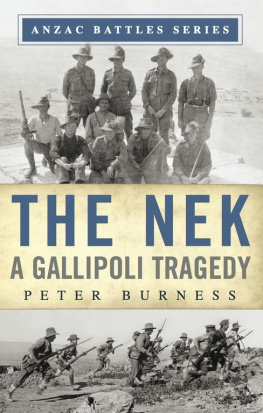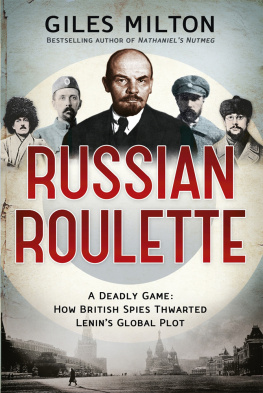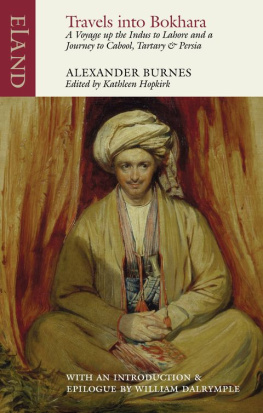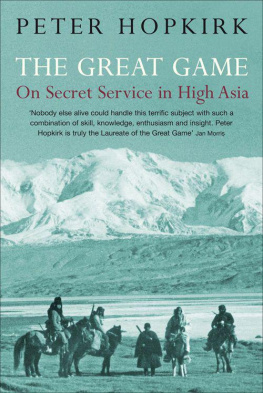S IKUNDER B URNES

There Was Something about Alexander Burnes
The most unaffected, gentlemanlike, pleasant and amusing man that I have had the good fortune to meet. Field Marshal Sir Neville Chamberlain
He is one of the most agreeable persons I ever met with; and the banks of the river, dull at all times, are doubly so now that he has left us. General Sir Henry Fane
The winning smile, and frank and courteous manner appeared to have gained for him a degree of consideration which no other European could boast of. Lieutenant William Taylor
Of the great minds which I have been allowed to study, the distinguishing characteristic was their simplicity and naked truth; and in this essentiality of greatness Sir Alexander is most especially modelled. Surgeon General Dr Richard Kennedy
I confess I shall be confident of any plan he undertakes in this quarter of India. General Sir John Malcolm
From long personal acquaintance and experience of his habits, there is no officer of whatever standing or rank in the Bombay Army who is so peculiarly qualified. Colonel Sir Henry Pottinger
In all his changes of fortune, he was never known to overlook a kindness, or forget his early friendships. Major T. B. Jervis
Really Sir, you are a wonderful man. King William IV
First published in Great Britain 2016 by
Birlinn Ltd
West Newington House
10 Newington Road
Edinburgh
EH9 1QS
www.birlinn.co.uk
ISBN: 978 1 78027 317 4
Copyright Craig Murray 2016
The right of Craig Murray to be identified as the author of this work has been asserted by him in accordance with the Copyright, Designs and Patents Act, 1988
All rights reserved. No part of this publication may be reproduced, stored, or transmitted in any form, or by any means, electronic, mechanical or photocopying, recording or otherwise, without the express written permission of the publisher.
British Library Cataloguing-in-Publication Data A catalogue record for this book is available on request from the British Library
Typeset in Adobe Arno by
Koinonia, Manchester
Printed in Malta by
Gutenberg Press Ltd
Contents
List of Illustrations
.
.
.
.
.
.
.
.
.
.
.
.
.
.
.
.
.
.
.
.
James Burnes senior, Alex father and Provost of Montrose.
By permission of Angus Council.
.
.
.
.
.
.
.
.
Preface: Historian, Interrupted
To anticipate the critics, this is history written by a bureaucrat. The story is told not just of Burnes adventures, but of the accounts and reports he had to file. The Byzantine jealousies and turf battles of British officials are uncovered. For this was the very stuff of Burnes life in India, what pre-occupied him day to day, and what is missing from romantic accounts of the Great Game. Equally I have tried to give full weight to two major aspects of the lives of British rulers in India sex and freemasonry to which most histories turn a blind eye.
It is thirty years since I graduated from the University of Dundee with a First in Modern History. I had a place for a PhD. Then, to my intense surprise, I won a position in the Diplomatic Service. Being about to get married, I needed the money. Whether history suffered any loss you can judge from this book.
I had already encountered Alexander Burnes as the star among the real life characters of George MacDonald Frasers Flashman. Burnes ranked with Burton and Livingstone in his fame as a nineteenth-century explorer. His books were best-sellers. He was received by kings. He won the gold medal of the Royal Geographical Society and its continental counterparts. He was knighted for his services and made a Companion of the Bath and Fellow of the Royal Society. He was a colourful and controversial character, a major figure in the First Afghan War, whose opinions could still cause a full parliamentary debate twenty years after his death. And he was the great-nephew of Robert Burns.
Yet there is no recent biography of Burnes. In 1969 Philip Lunt produced the slim Bokhara Burnes, mostly a prcis of Burnes travel writing. There has never been a study of Burnes origins and motivations. Crucial questions, such as why he changed his views to support the disastrous invasion of Afghanistan, have been given only cursory consideration. Burnes sex life is widelycited as a contributing factor in sparking the 1841 Kabul uprising against the British, but this claim has never been properly examined.
Burnes has been treated more kindly by fiction than biography. Flashman brought him to a wide audience. He is compellingly imagined as the hero of Philip Henshers The Mulberry Empire, while in John C Griffiths The Queen of Spades, a direct descendant named Alexander Burnes fights off the 1980s Russian occupation of Afghanistan. Burnes was the major influence for Kiplings The Man Who Would Be King, not least in its Masonic themes. At least four other novels feature Alexander Burnes.
Burnes naturally is very prominent in accounts of the Great Game, but these rehearse the same limited sources. Burnes is a major figure in William Dalrymples beautifully written history of the First Afghan War, Return of a King.
I became conscious during months of transcribing manuscripts, particularly in India, that nobody had looked at them for decades, sometimes over a century. One vital folder of Burnes letters in the National Archive of India had crumbled beyond reading. This influenced a decision to include much direct quotation.
I admit I identify with Burnes to a considerable degree. We were both East Coast Scots, from similar social backgrounds, who sought a living abroad primarily for economic reasons. When offered the Ambassadorship in Tashkent, following in the footsteps of Burnes was directly on my mind.
Both Burnes and I met career disaster when policy changed radically between our being appointed as Envoy and taking up our posts. Burnes was sent to Kabul to increase British influence with his friend, the Emir Dost Mohammed, as a buffer against Russian encroachment. After Burnes mission was under way, the Governor General had undergone a complete change of mind, and had decided Dost Mohammed needed to be replaced, not allied. Burnes mission was thus doomed to failure.
In summer 2001 I was appointed British Ambassador to Tashkent, based on my work in promoting human rights and democracy in Africa. Uzbekistan was seen as a tyranny in need of being shoved towards reform. But in the year between my appointment and my arrival in Tashkent in August 2002 came the 9/11 attack and our most recent invasion of Afghanistan. President Karimov of Uzbekistan went, in the official view, from being a tyrant to being our indispensable ally in the War on Terror. My job changed from pushing for human rights to facilitating Karimovs clampdown on opposition. Like Burnes, I was completely unsuited by belief and temperament to the new policy.
Burnes has been much criticised by historians for backing down and switching to support the invasion. I know the pressures on you to conform,particularly in time of war, and do the patriotic thing. Burnes and I made opposite decisions in the same dilemma. Burnes is criticised for not sticking to his principles against his government; I am criticised for deserting my government for my principles. You cant win.

